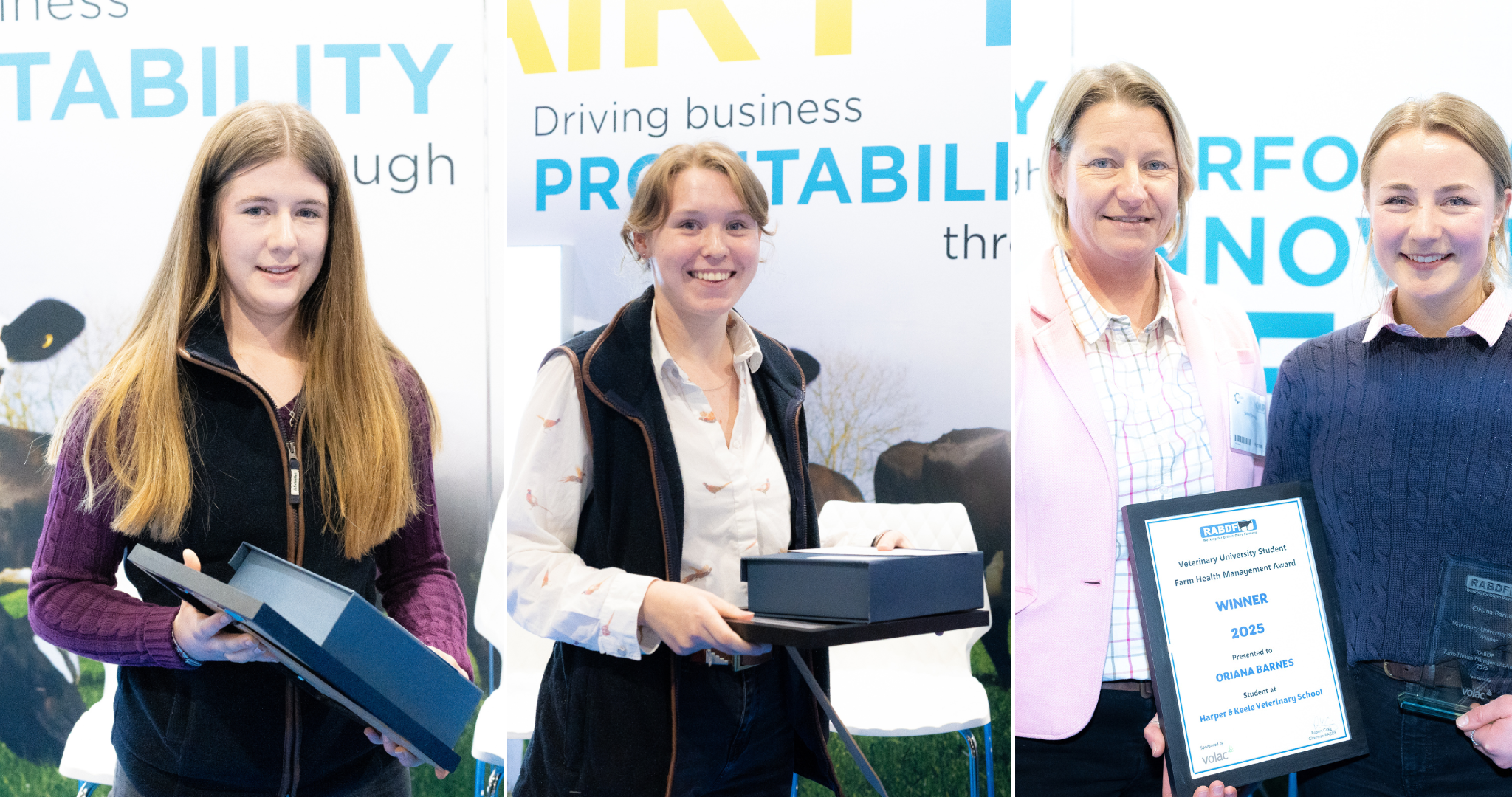Confidence in the dairy sector was evident this week (Wednesday 3 July) as Harper Adams University welcomed over 600 visitors to the 2024 NMR RABDF Gold Cup Open Day.
The event marked the university’s landmark win of the UK’s most prestigious dairy farming accolade—the Gold Cup—celebrating excellence in herd performance, innovation, and sustainability.
Visitors toured the state-of-the-art Future Farm and heard from industry leaders offering technical advice and insight into the future of British dairy.
Opening the day, Deputy Vice-Chancellor Professor Michael Lee called the Gold Cup win “one of the proudest moments of my time at Harper Adams University,” and praised the teamwork and vision behind the achievement.
The upbeat tone was matched by keynote speaker and respected dairy analyst Chris Walkland, who gave his assessment of the market.
“Lots of milk processors are holding their milk prices for August, so you should be all really positive about the next few months,” he told visitors.
Despite a 4.1% drop in the latest (1 July) Global Dairy Trade (GDT) auction—the steepest decline in a year—Mr Walkland downplayed the impact for UK producers.
“I don’t think this market slide will affect your milk prices,” he said. “It’s a bigger issue for New Zealand. Yes, EU butter prices are down a bit, but cream is flying. It hit £2.85 and rose to £2.90 by the end of last week—that’s exceptional for this time of year.”
“If it weren’t for the insane amount of milk you’re producing, I think we’d be talking about a price rise, not a drop,” he added. “But processors don’t want more milk. They might hold off on increasing the price, just to avoid fuelling production further.”
Looking at farm incomes, Mr Walkland highlighted that May 2025 ranked as the second-highest month on record in terms of milk price multiplied by volume. “March is fourth highest, April seventh, January ninth, and June tenth. The highest month was December 2022. But back then, the money was flying out the window as fast as it came in. Now, hopefully, some of it is sticking to the sides,” he added.
He also reminded farmers of the upcoming Fair Dealing Obligations (Milk) regulation—better known as FDOM—coming into force on 9 July. “If your buyer hasn’t issued a compliant contract by then, technically they’re breaking the law. You’re not—so don’t panic.”
“What it should do is give you more transparency around pricing—and the ability to complain a bit more easily,” he said.
RABDF Chairman Robert Craig, organisers of the prestigious event, said the Future Farm at Harper Adams is a fantastic example of how technology, innovation, and skilled people can work in harmony to improve productivity, health, and sustainability.
“This Gold Cup win is thoroughly deserved, and it’s great to see how academic research and commercial farming can come together to shape the future of our industry.”
Entries and nominations are now open for the 2025 NMR RABDF Gold Cup. The competition is open to all herd management systems, including block calving, grazing, and housed herds. All entrants must demonstrate outstanding herd health, fertility, and business management. More information can be found at https://www.rabdf.co.uk/gold-cup-comp







